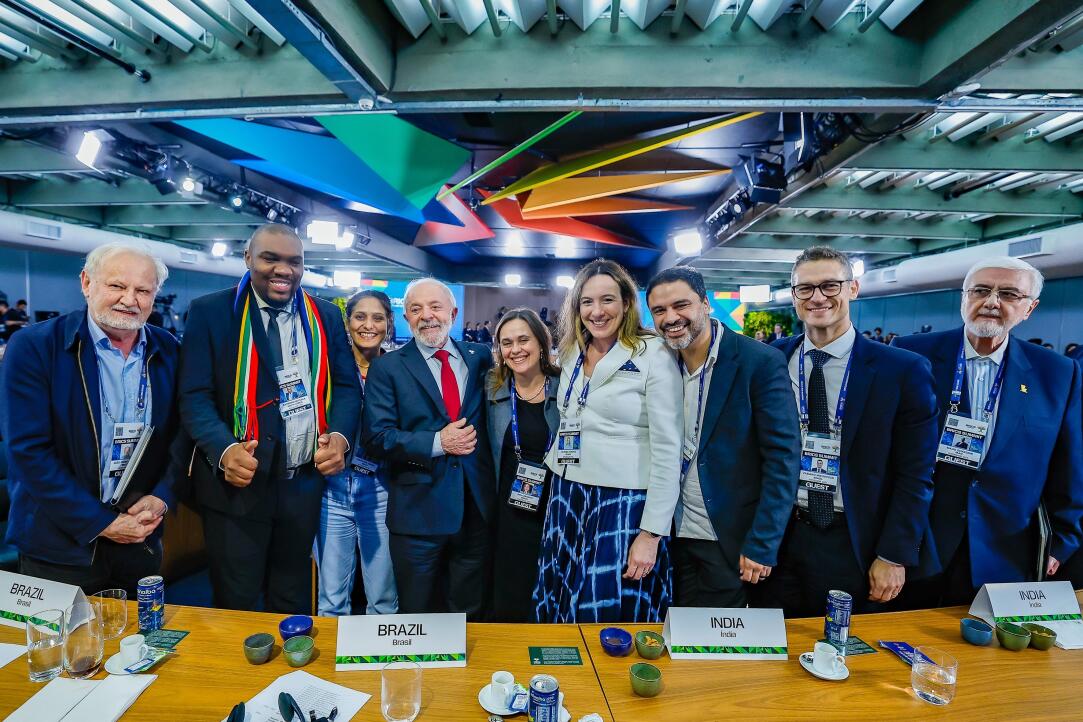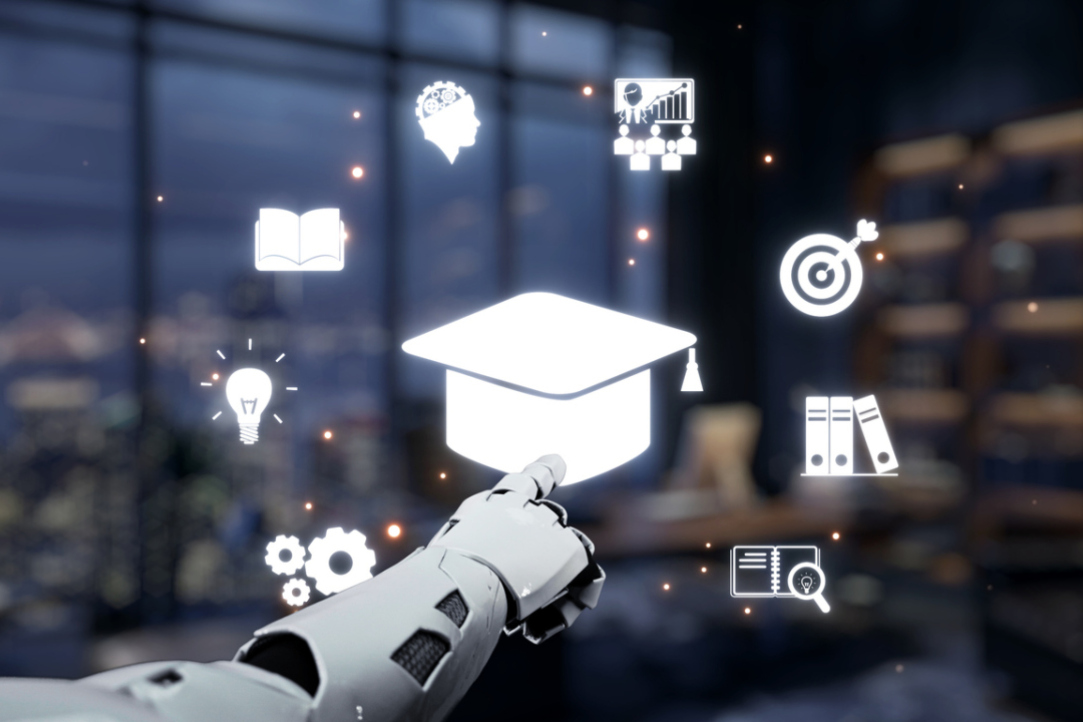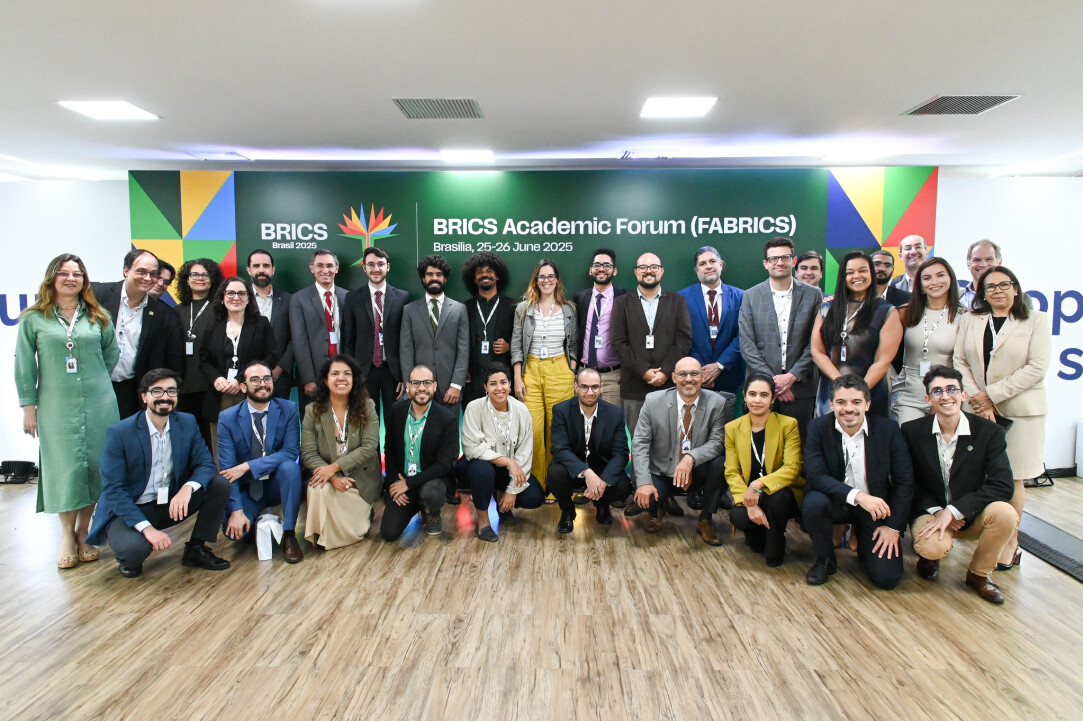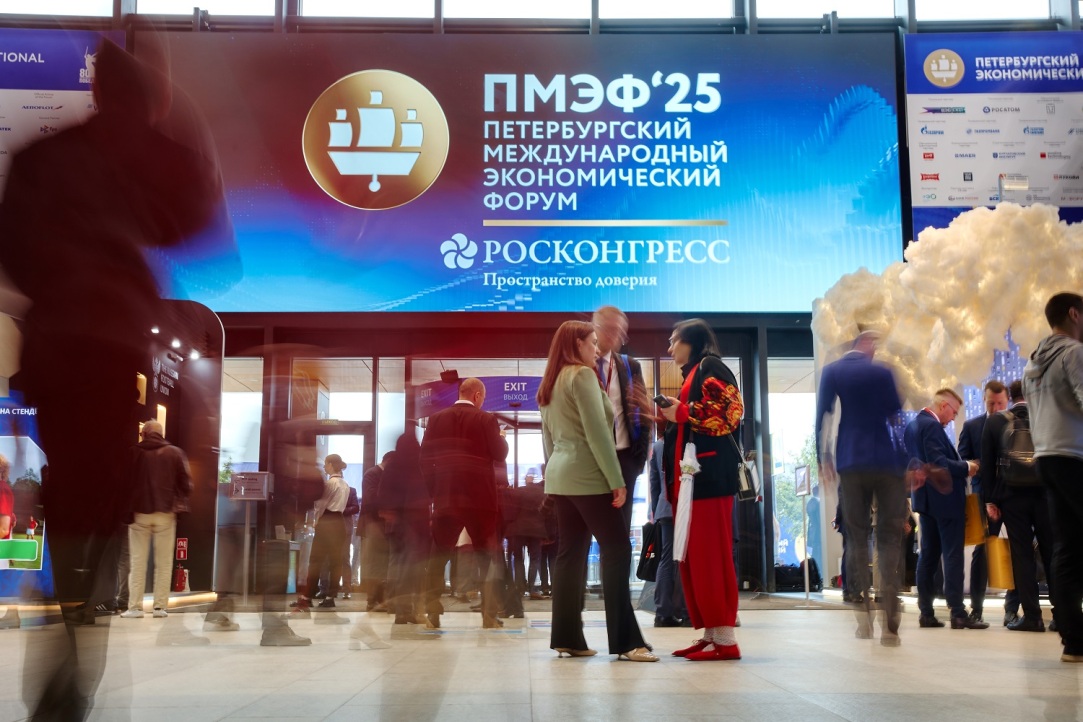Researchers from the International Laboratory of Dynamical Systems and Applications at the HSE Campus in Nizhny Novgorod have developed a theory that enables a mathematical proof of robust chaotic dynamics in networks of interacting elements. This research opens up new possibilities for exploring complex dynamical processes in neuroscience, biology, medicine, chemistry, optics, and other fields. The study findings have been accepted for publication in
Physical Review Letters, a leading international journal. The findings are available on arXiv.org.




















